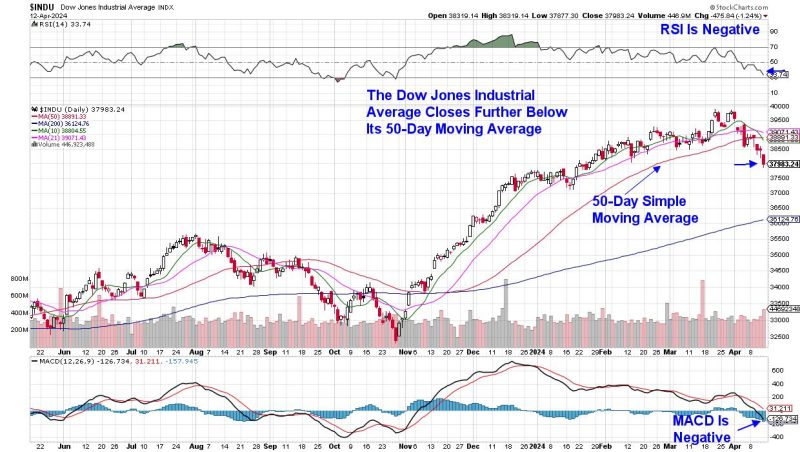In the world of financial markets, the quest to predict the next big market shift is a constant game of analysis and interpretation. Investors and analysts alike often turn to various indicators and indexes to try and gauge the health of the overall market and forecast potential downturns or upswings. One such indicator that has garnered attention in recent times is the Keeping Up with the Jones index, which some believe may hold the key to foreseeing broader market corrections.
The concept behind the Keeping Up with the Jones index stems from the idea that in a market characterized by high levels of consumer confidence and spending, investors tend to flock towards trendy and popular assets, often following trends rather than conducting thorough research or analysis. This phenomenon can create a bubble effect, where certain assets become overvalued due to speculative buying.
Weakness in the Keeping Up with the Jones index may therefore suggest that investors are beginning to question the sustainability of current market trends and are becoming more cautious in their investment decisions. This shift in sentiment can serve as an early warning sign of a broader market correction or downturn.
While the Keeping Up with the Jones index is not a widely recognized or traditional market indicator, its potential predictive power lies in its ability to tap into the psychology and behavior of market participants. By monitoring trends and shifts in consumer sentiment, investors can potentially gain insight into the underlying dynamics driving market movements.
It is important to note, however, that no single indicator can provide a foolproof prediction of market movements. Market dynamics are complex and multifaceted, influenced by a myriad of factors ranging from geopolitical events to economic data releases. As such, investors should use the Keeping Up with the Jones index as one tool among many in their analytical arsenal, rather than relying solely on it for making investment decisions.
In conclusion, while the Keeping Up with the Jones index may offer a unique perspective on market sentiment and trends, investors should exercise caution and supplement their analysis with a comprehensive understanding of broader market dynamics. By approaching market analysis with a well-rounded and informed perspective, investors can better position themselves to navigate the ever-changing landscape of financial markets.

